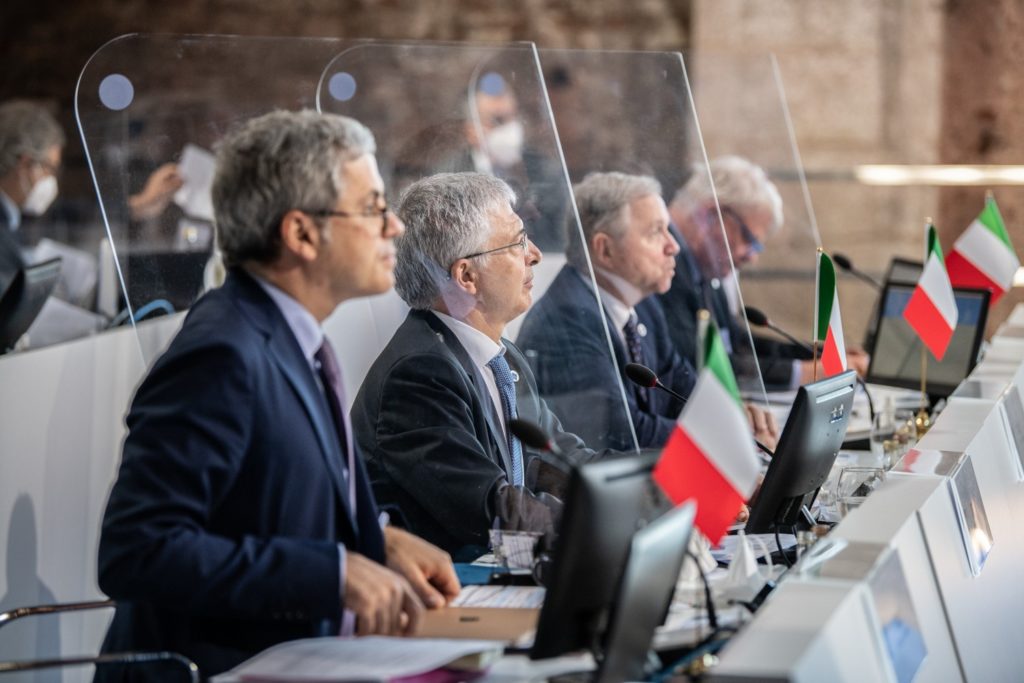Group of Twenty (G20) Finance Ministers on Saturday endorsed a “historic” global deal to impose a minimum tax of 15% on multinationals’ profits and urged countries that have not yet agreed to it to do so.
The 15% tax is part of a new two-pillar plan to reform international taxation rules and ensure that multinational enterprises pay a fair share of tax wherever they go.
This new framework for international tax reform has been signed so far by 131 members of an OECD working group that includes 139 developed and emerging countries.
“We invite all members” of the group “that have not yet joined the international agreement to do so,” the G20 ministers said in a communique on Saturday. They called on the group to work out the remaining issues quickly and present a detailed plan for implementing the two pillars of the deal by the next G20 meeting, to be held in October.
“Pillar 1” consists of reassigning part of the income tax paid by the multinationals to their “market” economies, namely the countries where they conduct their business. The tax would therefore no longer be payable solely in the countries where their headquarters are located.
This pillar targets businesses with a gross global turnover of more than 20 billion dollars and a profitability rate of over 10%. The idea is to avoid a situation in which multinationals - and especially the GAFA group (Google, Amazon, Facebook and Apple) which has benefitted immensely from the COVID-19 pandemic and the ensuing lockdown - pay ridiculously low taxes on their earnings.
“Pillar 2” corresponds to the establishment of an effective minimum tax of at least 15% on transnationals’ earnings. It would enable a State to impose additional, compensatory, taxes on the overseas profit of a company headquartered on its soil if that company paid less than the 15% minimum tax in its “market” country.
The Brussels Times

